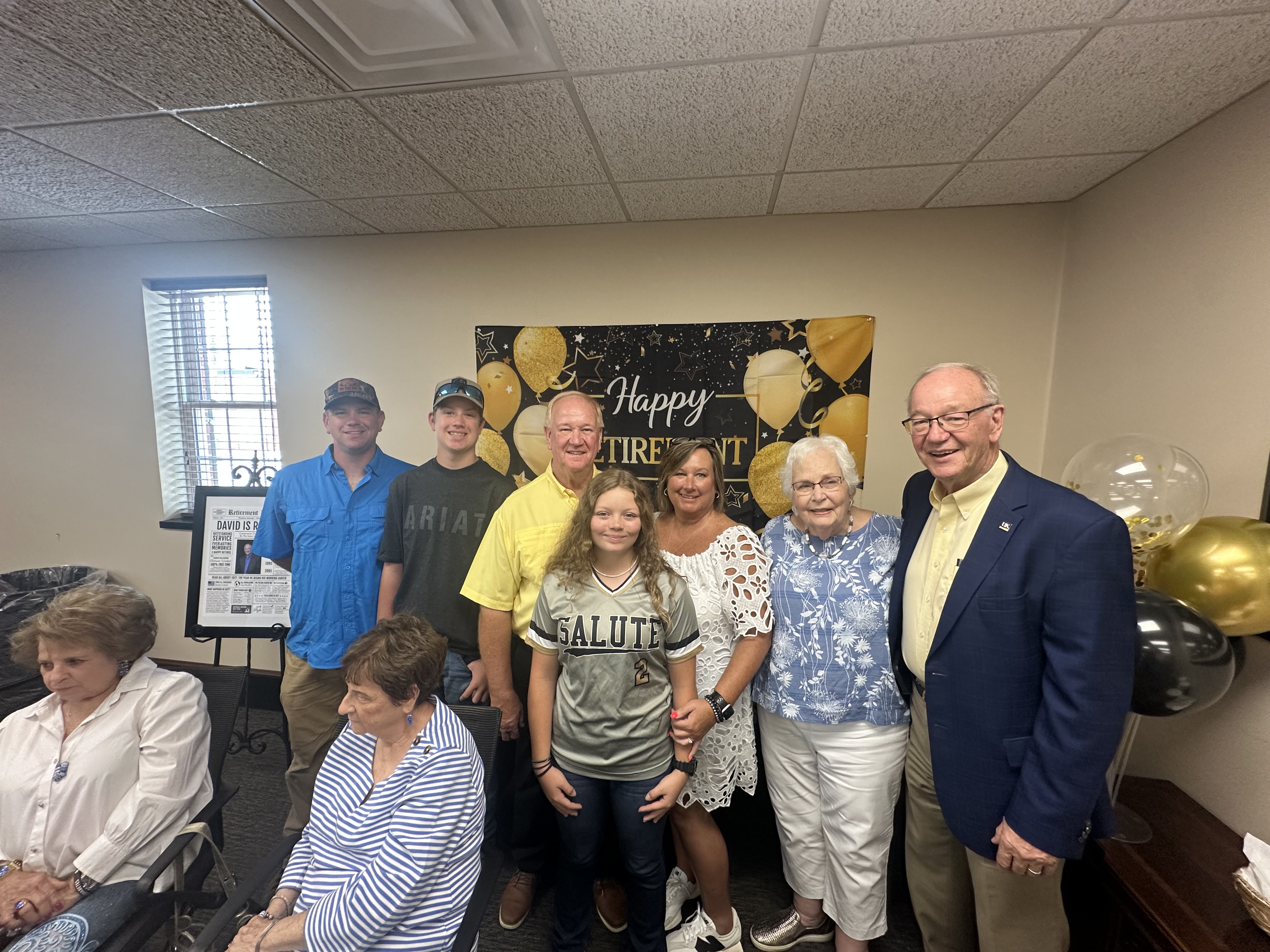Taylor’s Take: teenagers need our support, not labels
Published 7:32 pm Saturday, April 9, 2022
|
Getting your Trinity Audio player ready...
|
Let me be blunt about something, labeling kids, especially teenagers, based on how they dress is appalling.
Scatch that, labeling teenagers at all is plain mean, and trust me, in some cases, nobody is meaner to kids than their peers.
I would know. I was subject to some relentless teasing as a teenager.
Growing up, I was the fat kid. I’m still “pleasantly plump,” but I don’t hear much about it if people have an issue with it these days. In my school days, that was not the case.
Journalistic decency prevents me from repeating much of what I was called, but I assure you that the word fat followed by an expletive was quite common.
Sometimes it wasn’t just words either. I had my chest grabbed on numerous occasions because I was “close enough to a girl”.
Obviously, those incidents were humiliating and hurtful.
Some teachers took my complaints seriously. Others didn’t. Fifty percent regarding such matters was and is not simply good enough.
But I was lucky.
For one, my home was a safe space for me. My parents were quick to offer comfort and advice on standing up for myself properly–some that I was too hard-headed to listen to as a teen.
Second, I came of age during the mid-2000s, when social media was in its infancy.
I had the option of going home, knowing that there was a disconnect between my school life and my private life.
That does not exist anymore.
Bullying is a full-time menace now, thanks to cyberspace. Abusive anonymous messages are the norm. Hateful memes and videos are easy to make using free apps.
For some teenagers, the cycle does not stop. They have no peace of mind and, sadly, no justice due to outdated student conduct codes and bullying policies.
On top of that, not all teenagers have a loving support structure like I did. Some have no one to talk to besides school guidance counselors, who do their best but are often charged with serving hundreds of students and can’t offer the necessary support that is needed.
It’s no wonder why teenage struggles with mental health have become a full-on crisis in the education community. Honestly, it is not fair for society to expect schools to solve the problem alone.
It’s up to the public to change how it interacts with young people, and that starts with what we call them.
Wearing a low-cut top does not make a girl promiscuous. Wearing a hoodie does not make a boy a gang member. Alternate hair colors do not make a student a drug addict.
Fashion and grooming preferences easily change. Labels cause wounds that may take years to heal if they ever do at all.
And no matter how much they may say that they don’t need it, teenagers constantly look to adults for support and guidance.
My take on it all: let’s give young people that instead of a label.






